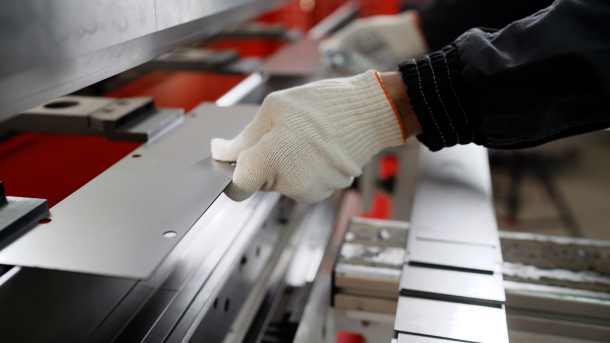Hydronic vs. Forced Air Heating: Pros, Cons, and Ideal Applications

Choosing the right heating system for a residential or commercial project can be challenging, especially when weighing hydronic (radiant) heating against forced air systems. Both have distinct advantages and drawbacks, and the best choice depends on your specific needs. Metalworks, a leading HVAC and hydronics wholesaler, breaks down the key differences to help you decide.
How Hydronic Heating Works
Hydronic systems use boilers to heat water, which then circulates through pipes to radiators, baseboard heaters, or in-floor tubing.
Pros of Hydronic Heating
Superior Comfort – Radiant heat provides even warmth without drafts or cold spots.
Energy Efficiency – Water retains heat better than air, reducing energy waste.
Quiet Operation – No noisy blowers or ductwork.
Better Air Quality – No forced air means fewer allergens and dust circulating.
Cons of Hydronic Heating
Higher Upfront Cost – Installation is more complex, especially for retrofits.
Slower Response Time – Can take longer to heat up compared to forced air.
Limited Cooling Option – Requires a separate system for air conditioning.
Ideal Applications for Hydronic Heating
- Cold climates where consistent heat is crucial
- High-end homes prioritizing comfort
- Renovations where ductwork is impractical
How Forced Air Heating Works
Forced air systems use furnaces or heat pumps to warm air, which is then distributed through ducts and vents.
Pros of Forced Air Heating
Faster Heating – Warms spaces quickly.
Lower Installation Cost – More common and easier to install in new builds.
Integrated Cooling – Can pair with central AC for year-round climate control.
Cons of Forced Air Heating
Uneven Heating – Can create hot and cold zones.
Air Quality Concerns – Circulates dust and allergens.
Noisy Operation – Blower fans can be disruptive.
Ideal Applications for Forced Air Heating
- Moderate climates where quick heating is needed
- Budget-conscious projects
- Buildings already equipped with ductwork
Which System Is Right for You?
The best choice depends on:
- Climate (Hydronic excels in extreme cold; forced air is versatile.)
- Budget (Forced air is cheaper upfront; hydronic saves long-term on energy.)
- Existing Infrastructure (Retrofitting hydronic can be costly.)
Metalworks Has Your Heating Solutions
Whether you need high-efficiency boilers for hydronic systems or heat pumps for forced air setups, Metalworks supplies top-quality HVAC and hydronic components. Our experts can help you select the right system for peak performance.
Still unsure which heating system to choose? Contact Metalworks today for expert guidance.
MORE ARTICLES

How to Choose the Right Boiler or Heat Pump for Your Project
Selecting the right boiler or heat pump is critical for efficiency, comfort, and cost-effectiveness. With so many options available, how do you make the best choice? Metalworks, a trusted HVAC and hydronics wholesaler, breaks down the key factors to consider.
READ MORE
The Role of HVAC Systems in Indoor Air Quality: What You Need to Know
Your HVAC system does more than heat and cool—it plays a critical role in indoor air quality (IAQ). Here’s how your system affects the air you breathe, and what you can do to improve it.
READ MORE
Custom Sheet Metal Fabrication – Lost Art or Essential HVAC Skill?
In the age of prefabrication and automation, is custom sheet metal fabrication still relevant? The answer is a resounding yes.
READ MORE



